#Johnnie ray
Explore tagged Tumblr posts
Text
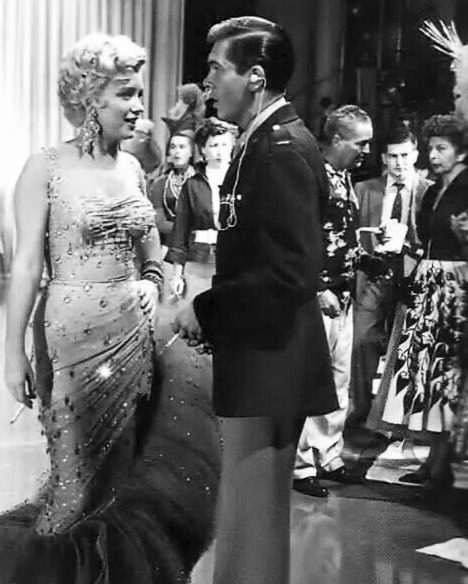
Marilyn Monroe and Johnnie Ray on the set of There's No Business Like Show Business, 1954.
#marilyn monroe#monroedit#there's no business like show business#1950s#vintage#johnnie ray#old hollywood#hollywood#classic hollywood#golden age of hollywood#edit#my edit#50s#1954
162 notes
·
View notes
Text
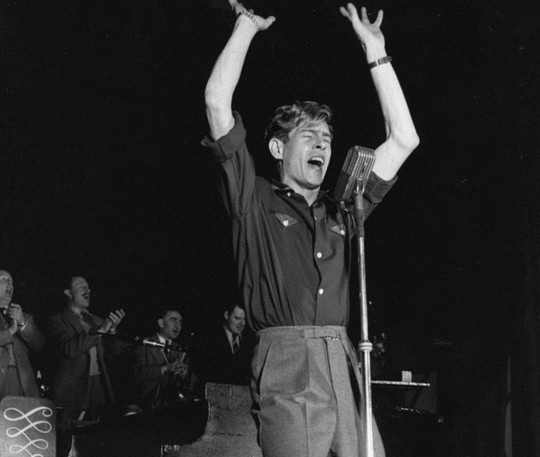
Johnnie Ray rehearsing at the London Palladium, 1953
'Johnnie Ray's freakishness was accentuated. It wasn't just his complete absence of emotional restraint, his use of make-up or his identification with Black American female performers; in the Life article, he is photographed wearing his hearing aid - not hiding his disability but making it an important part of his image. The desire for self-revelation went hand in hand with his whole approach of emotional honesty and nakedness: by displaying it so openly, he expressed a vulnerability unique in popular culture.
Ray's determination not to hide his disability added to his strangeness, which, combined with the speed and scale of his popularity, resulted in a plethora of interpreations. In a New York Times review of Ray's April 1952 Copacabana residency, the critic Howard Taubman observed how 'this young man's style speaks for young people beset by fears and doubts in a difficult time. His pain may be their pain. His wailing and writhing may reflect their secret impulses. His performance is the anatomy of self pity'.
But Ray knew exactly what he was doing. From his deep exposure to contemporary Black American styles - which he acknowledged where possible, itself an act of defiance in the early 1950s America - he realised that emotion was all-important. That was the gift; that was the key. 'I just show people the emotion they're afraid to show,' he said in April 1952. 'People are too crowded inside themselves these days. They're afraid to show love. And boy, what is the primary existence for existing? It's beauty and love.''
The Secret Public by Jon Savage
19 notes
·
View notes
Text
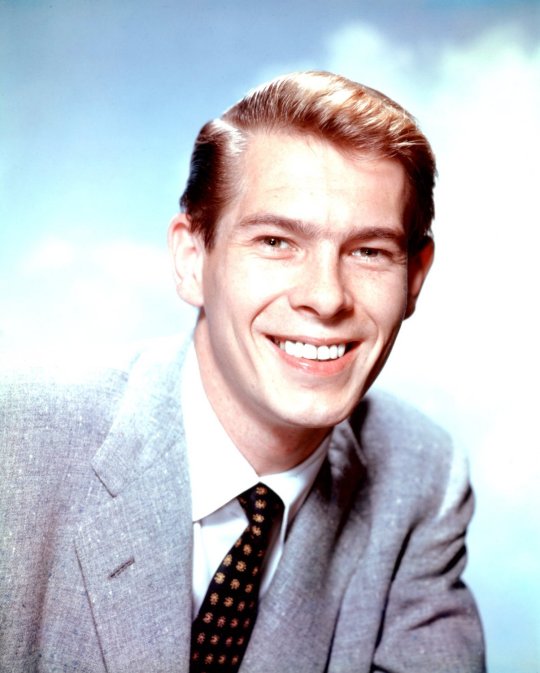
John Alvin Ray (January 10, 1927 – February 24, 1990), known as Johnnie Ray, was an American singer, songwriter, and pianist. Highly popular for most of the 1950s, Ray has been cited by critics as a major precursor to what would become rock and roll, for his jazz and blues-influenced music and his animated stage personality.
19 notes
·
View notes
Text
Based on this post
Not a HH fan, but I am a long time Cab Calloway fan. Off the top of my head, favorite songs I like that aren't Minnie The Moocher are:
Reefer Man, Kicking The Gong Around, The Hi De Ho Man, Jumpin' Jive, Mama I Want To Make Rhythm, Hey Now Hey Now, his take on Sophie Tucker's One Of These Days and San Franciscan Fan
Not to be that hipster guy in the 00s-10s, but there was this aged hippy who crocheted rainbow clothes (hats, scarves, long robes even) and grew garlic and made jams and hocked his wares downtown to keep his rundown house's payments. Whenever my father who was one of his oldest friends would take me over his house, I'd buy his cd's piece by piece with my allowance. It started with buying off his 80's Japanese pressed David Bowie cd's and then Velvet Underground and when I wasn't that interested in pursuing more Stooges after awhile, I said one day: "You got anything like Cab Calloway, or Duke Ellington, any 20-50s jazz, swing, blues and vaudeville?" This was in early days of YouTube where I'd look up any footage of Cab that existed at the time. He was in Janet Jackson's Alright video, he was the highlight of The Blues Brothers and Tim Burton based Oogie Boogie on him because of Betty Boop cartoons, etc. I'd go on long deepdives on wikipedia and any music book I got my hands on at second hand stores reading about jazz and popular music of the era because I knew this was dismissed in popular memory because the baby boomers didn't care for anything they didn't personally remember or before the British Invasion.
I already went through this when I was obsessed with Johnnie Ray who I needed to know more because Billy Idol name dropped him and had him cameo in his video and it turns out the Brits sure have a longer memory on our music then we do pre-Elvis, ironically. So if you enjoy Beatles, Cream and Led Zeppelin, it wasn't enough to just hand me Robert Johnson, a Chess Records compilation and Sun Records and Elvis Presley highlights and say "welp that's all there was that isn't boring white guy crooners" and call it the end.
4 notes
·
View notes
Text
FOREVER PRIDE

We talked about the first member of my favorite bi couple, Frankie! Now, let's talk about Jinx!
First, I want to talk about Jinx specifically in the original production. Jinx does actually say love, however, he immediately goes "oh" after that, with a clearly sad tone. Even after that, he says that he always wanted to tell somebody that he loves them. There's a clear lack of words that are used to imply his love's gender, which is something that many queer people experience. I think that he's bi because he truly meant anyone, because he can be in love with anyone.
Also, it's hard for me to talk about Jinx's bisexuality without mentioning Johnnie Ray.
For those of you who don't know who Johnnie Ray was, he was often called the "King of Tears". He sang the song "Cry", which Jinx sings in the musical. "Cry" is unmistakably his most well known song. However, he also sang "The Little White Cloud That Cried" and "Please, Mr. Sun".
Johnnie Ray was also bisexual, and was arrested multiple times for it. He wasn't open about his sexuality to the public, because he would have lost his reputation for it, although critics already didn't like him because he's effeminate. However, he put a lot of implicit messages about being LGBT, as well as being a GNC man, in his songs. The most noteworthy example is "A Sinner Am I". I highly reccomend listening to his other music, because he has some great songs.
"A love like this was never meant for man's imagination/And so I tell myself that I'm involved with mere infatuation"
As for "Cry" itself, that song was originally supposed to be sung by one women to another. However, Johnnie Ray completely changed the meaning of the song. Now, "Cry" is a lament of a man who can't express his emotions, unless through song, because it wasn't expected of him. Therefore, there's quite a bit of significance to Jinx singing the song. We know that he doesn't really talk much, and he's likely the most effeminate of the boys, so hearing him sing "Cry" is so impactful.
I’ve previously mentioned Frankie’s crush on Jinx, but Jinx’s crush on Frankie is so clear. There are some things Frankie can convince him on that not even Sparky can. When you watch the 1993 proshot, especially, you can tell how happy Frankie makes Jinx. Frankie is also the one who helps Jinx, and constantly makes him feel good.
Jinx’s character arc is gaining confidence, and he does. He realizes that he has been in love, and he realizes that his life was hard, but he deserves all of the good things that he got. There’s a reason why “Cry” is the fan favorite song, because he shows so much growth in that three minute song. Jinx is stronger than he thinks, and we get to see him learn about his strengths through an iconic song, made famous by a bi legend.
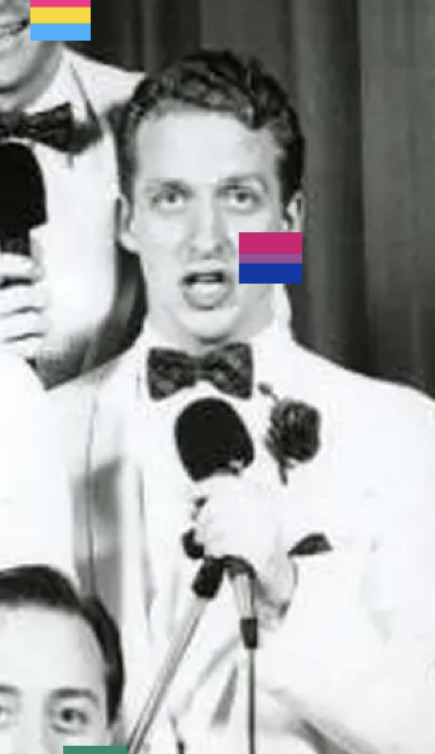
4 notes
·
View notes
Text
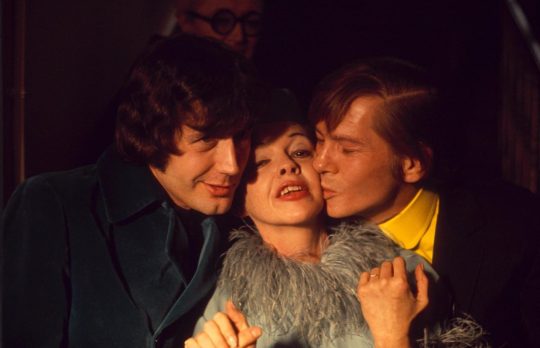
Mickey Deans, Judy Garland and best man Johnnie Ray at Chelsea Register Office, 15 March 1969
4 notes
·
View notes
Text
not enough people know abt & appreciate johnnie ray (AKA “mr. emotion”, “the prince of wails”, “the nabob of sob”, “the cry guy”, “the atomic ray”, etc.) it makes me unreasonably upset. do yourself a favor and give his 1951 breakthrough hit a listen right now:
#yes this is the johnnie ray they’re singing about in ‘come on eileen’#his significance in the history of rock n roll is overlooked and i am tired of it#bisexual half-deaf singer known for his wailing#and emotional vocals and theatrical performances and effeminate nature/style#for a man to be that emotional that publicly at the time was. offensive! but opened doors for male emotional expression in music#he wore his hearing aid onstage often as well which was kinda a big deal for deaf/hard of hearing visibility at the time#he also publicly attributed his success and style of music to the black community he grew up with on a radio interview at the time#which was. a real big deal at the time#i will not stop screaming abt johnnie ray i will not#much of elvis’ stage antics he borrowed from johnnie ray as well#ty posts!!!!!!#ty posts#what ty’s listening to#johnnie ray#Spotify#50s music#rock n roll history#rock n roll#1950s history#1950s#1950s music#music history#come on eileen
3 notes
·
View notes
Text
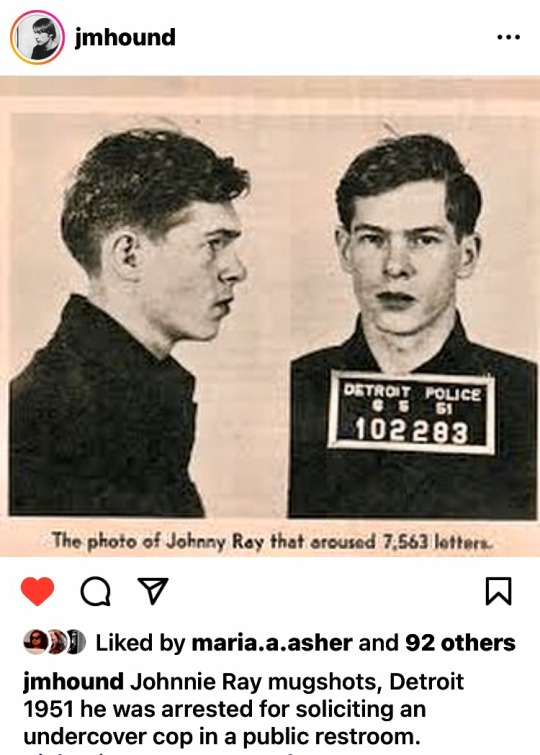
Let us all try to bring Johnnie Ray energy to the fascist evil that is crawling across our government…
youtube
1 note
·
View note
Text
Revisiting the Charts #5: December 26, 1957 (Billboard Top 100)
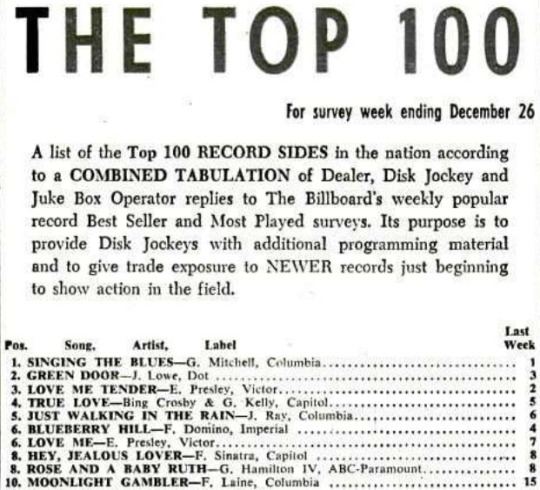
It’s Christmas time again, and Revisiting the Charts is heading back to the merry Christmas week of 1957 to take a look at Billboard’s Top 100!
1. Singing the Blues — Guy Mitchell Current Spotify stats: 13.707.537 plays
A simple and not very memorable song, sure, but still a catchy one. While Guy Mitchell’s hit version is competent enough, Marty Robbin’s (which also reached the top 20 at the time) sounds more charismatic to me.
2. Green Door — Jim Lowe Current Spotify stats: 1.816.796 plays
Strong honky-tonk vibes here; suddenly you feel the need to get up and dance! Shakin’ Stevens made this fine rockabilly number a hit again in the 1980s, and his version is just as good as Jim Lowe’s.
3. Love Me Tender — Elvis Presley Current Spotify stats: 99.349.865 plays
The minimalist instrumentation makes this recording a good example of Elvis' talents, as his vocals do all the heavy lifting here. His high baritone voice had a unique and plushy tone, and he was always able to express emotion through his singing. A must-listen.
4. True Love — Bing Crosby & Grace Kelly Current Spotify stats: 5.001.601 plays
I've heard a few versions of this Cole Porter-penned song, and they all sound flat to me. The chorus is insipid. The restrained arrangement of this version doesn't help either. And be warned: despite it being labeled a duet, Grace Kelly is barely present.
5. Just Walking in the Rain — Johnnie Ray Current Spotify stats: 13.841.716 plays
Johnnie Ray is an underrated name nowadays, and this is one of his biggest hits. A quintessential 1950s rueful song with a smooth performance by Mr. Ray.
6. (tie) Blueberry Hill — Fats Domino Current Spotify stats: 97.324.232 plays
This R&B recording is considered a classic, but I wasn’t impressed by it. I don’t think Fats Domino gave the song what it needed. Everyone and their mother recorded this song (and despite its catchiness, it’s not that good), so there are many nice versions out there. Brenda Lee’s poppier cover is my favorite one, and it’s worth a listen.
6. (tie) Love Me — Elvis Presley Current Spotify stats: 30.998.484 plays
Another Elvis ballad, with a title similar to the first one. In less capable hands, this song could have become a boring number, but Elvis' skillful delivery managed to make it presentable.
8. (tie) Hey! Jealous Lover — Frank Sinatra Current Spotify stats: 629.831 plays
I can see why this one ended up being forgotten; it’s just silly fluff. Sinatra has much better singles.
8. (tie) A Rose and a Baby Ruth — George Hamilton IV Current Spotify stats: 84.570 plays
This sounds like a demo, and not a promising one. It’s like the singer isn’t even trying.
10. Moonlight Gambler — Frankie Laine Current Spotify stats: 2.138.443 plays
Not a bad song, and Frankie Laine’s vocal performance is quite solid, but the whole thing gets pretty repetitive after a few listens.
#merry christmas!#series: revisiting the charts#series: 2024 christmas day#music#music charts#music history#billboard#billboard hot 100#vintage#guy mitchell#jim lowe#elvis presley#bing crosby#grace kelly#johnnie ray#fats domino#frank sinatra#george hamilton iv#frankie laine#50s#1950s
1 note
·
View note
Text
Week ending: 16th May
Two more unknowns for me, this week, though I see that at least one was used in the soundtrack for Wes Anderson's Asteroid City, which gives me some hopes of a sort of vintage gem, or at least something memorable enough to make a modern film soundtrack.
Freight Train - Chas McDevitt Skiffle Group ft Nancy Whisky (peaked at Number 5)
As I'm learning is typical for these skiffle groups, this is a very American-sounding song, interpreted by a bunch of fairly convincing non-Americans. Both Chas McDevitt and the amazingly-named Nancy Whisky are Glaswegians, it turns out, and were active in the Glasgow skiffle scene (!) when this song came out.
It's a cover of an American folk song that was written by Elizabeth Cotten, a black teenaged songwriter and blues musician from North Carolina, who apparently taught herself to play guitar left-handed on a right-handed guitar that she held upside down. Which is very cool, even if i's only tangentially related to this version of the track, which made it to Britain via Peggy Seeger, a folk artist who had Cotten as her nanny. Once Seeger brought it over, it was recorded and passed off as an original when Chas McDevitt recorded it - not cool! It doesn't sound like that was Chas' call, though, more the songwriters' decision. Either way, the Seeger family got Cotten her credit back eventually, but it was Chas' version of the song that was the big hit, and apparently influenced later bands like the Quarrymen?
I like the song. There's some whistling that floats up above the guitar line and some guitar strumming that sounds like a train rushing past, it's all very evocative. Nancy sings to us about her love, who's apparently run away on a train. She doesn't know where he is, just that he's on a freight train, freight train, goin so fast. And that's it, that's the core of the song. Like a lot of skiffle songs, the repeated chorus is pretty thin, and it's more about the sound of it all than the meaning.
Not that we don't get a bit of explanation. In fact, we get a fair bit of story, all about how our mystery man lost his reason, lost his life / He killed his friend in mortal strife. Which explains why he's on the run, since he's got no future, got not hope / Nothin' but the rope. It's grim, and I love it.
Plus, we get an even grimmer turn in the final verse, as Nancy tells us when he dies, just bury him please / Way down the end of old Chestnut Street / Poplars at his head and feet / And tell them he's gone to sleep. She's accepted that he's going to be caught and executed, it seems, and just wants a decent burial and legacy for him. There's a fatalism to it that's delicious, very moody, and all of it tied up in this rollicking tune that just doesn't let up.
Yes Tonight Josephine - Johnnie Ray (1)
Well, this is a cheeky little number! If the title didn't give it away, it's definitely a song about having sex. It's coy about it, sure, but how else am I supposed to interpret lines about how tonight's the time / I will squeeze and hold you tight, or instructions that Baby, when you hear me shout / Kiss me quick, knock me out. What's making you shout, there, Johnnie, huh? What could it possibly be?
So yeah, it's not explicit, but it's pretty on-the-nose, mixed in with some rather bombastic lyrics about how Johnnie's gonna pack each kiss with dynamite and such like. I like it plenty, and I think it's growing on me as I listen, but there's not much subtlety in it. Johnnie wants to have his way with Josephine, and he wants it tonight.
Thankfully, Johnnie's come up with a cunning plan to distract you from all the sauciness, and that plan hinges entirely on distracting you with his backing singers, who glory in a line that Spotify has transcribed as yip yip way bop de boom ditty boom ditty. Seriously. It's so silly, and it repeats throughout, with this daft little squeak on the yip yip bit, which in turn just makes me think of Aang in Avatar saying "yip yip" to make Appa fly. It's very distracting, very goofy, and very un-sexy.
I also think there are just a few too many lines that don't quite work. Nothing egregious, but Johnnie's resolve seems to crumble a bit in lines like the one about how I will get you by and by / If I don't I sure will try. "Oh, yeah, I'll definitely get you... or I'll try, at least, I guess". And what's with I'll be Jack and you'll be Jill / Love me 'til my heart grows still. Jack and Jill are a famous pair, sure, but is he suggesting they should go fetch a pail of water? That he'll fall and have an accident and she'll also fall down a hill? Is that why his heart's about to grow still? Is he anticipating hisown death in some sort of accudent? The lines leave me with more questions than they answer, and definitely spoil any romance that Johnnie was gunning for. Sorry, Johnnie!
Overall, pretty serviceable, though - a fast song can always get off with a little more than a slow song can, and this is just about quick enough that you can just tap your feet and ignore the dicey bits. It's cheeky, it's chipper and it's a little bit goofy. What's not to like?
Yeah, I didn't mind either of those songs, though you're not going to catch me putting either into my regular rotation. I have a real soft spot for murder ballads, though, and for songs about trains that sound like a train (niche, I know) so my favourite can only be one...
Favourite song of the bunch: Freight Train
0 notes
Text
1 note
·
View note
Text
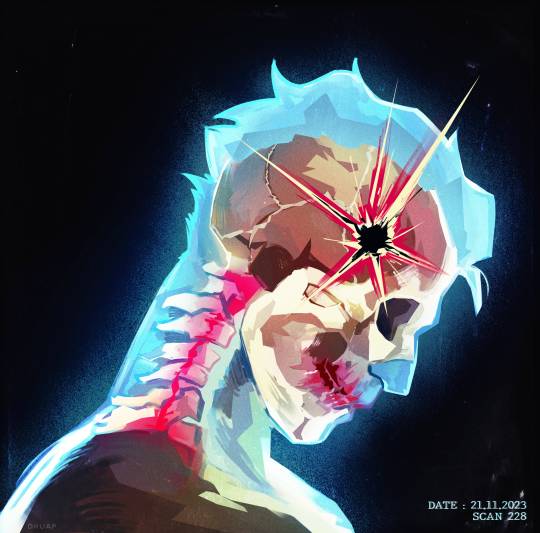
xP
#john soap mactavish#johnny mactavish#johnny cod#john soap mactavish fanart#soap cod#cod#call of duty#cod fanart#call of duty fanart#john soap mactavish cod#john soap mactavish cod mw3#cod mw3#call of duty mw3#soap cod mw3#soap cod mw#digital art#artists on tumblr#fanart#x ray#x ray art
6K notes
·
View notes
Text
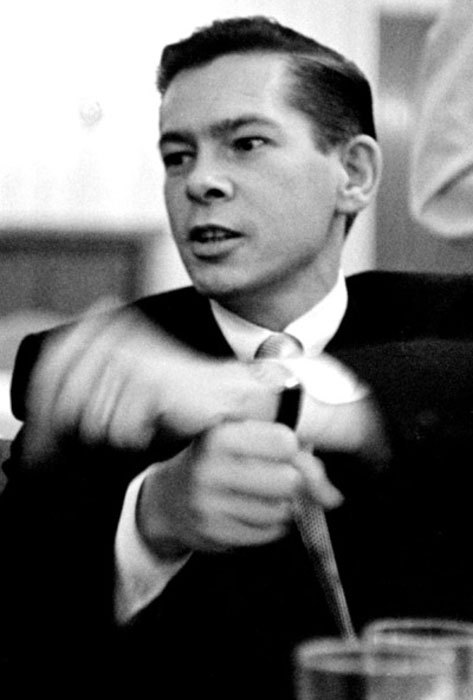
0 notes
Text

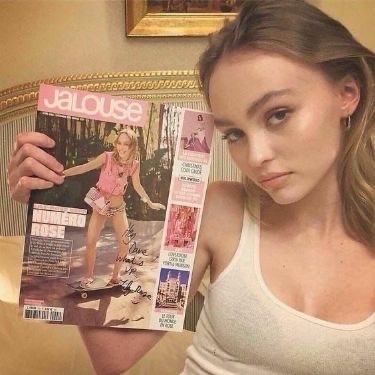




I am her
#lily rose depp#girl interrupted#girlblogging#gaslight gatekeep girlblog#girblogger#johnny depp#lana del ray aka lizzy grant#lizzy grant#lana del rey#the virgin suicides#female hysteria#female manipulator#female rage#sofia coppola#gia coppola#teenage dirtbag#hell is a teenage girl#bed rotting#2014 tumblr#manic pixie dream girl#girlhood#aesthetic#coquette#bones and all#bookblr#jamesfranco#paloalto#palo alto#relatable#hot girl summer
6K notes
·
View notes
Text
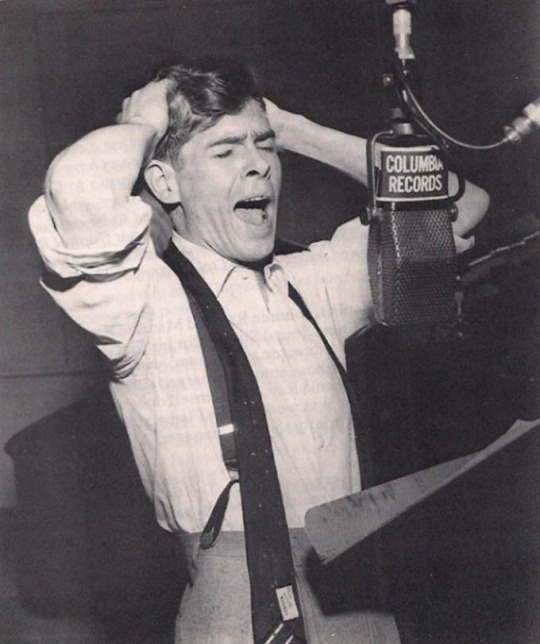
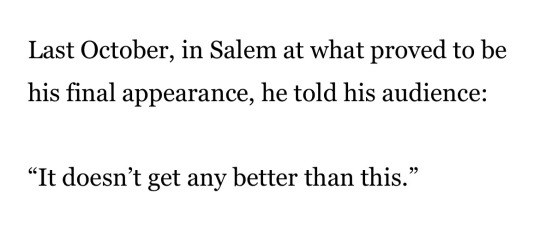
Johnnie Ray photographed by Michael Ochs, January 1, 1951; LA Times article, February 25, 1990
1 note
·
View note
Text
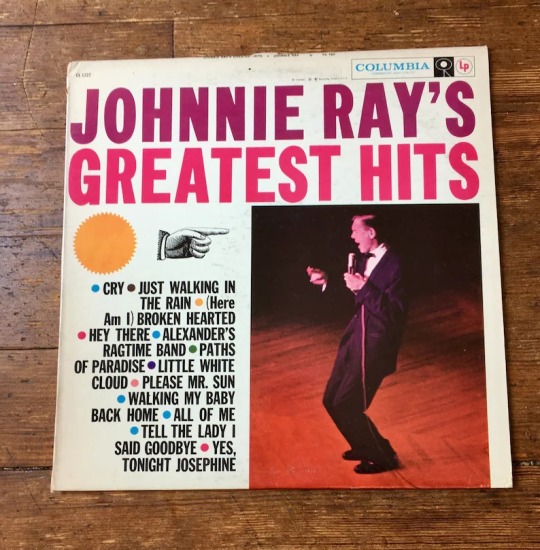
https://www.etsy.com/.../1958-johnnie-rays-greatest-hits... 1958 Johnnie Ray's Greatest hits record, VG Sleeve, NM- Record. Available through the link for $20.00
1 note
·
View note